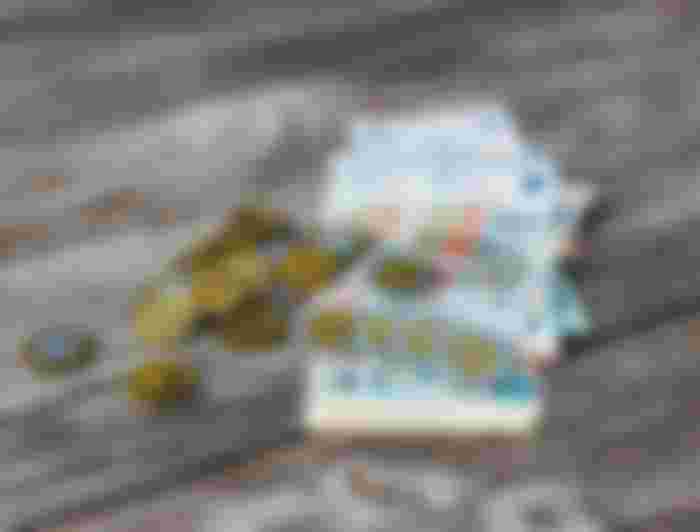Corruption in the world 🌎😔
Understanding and Combating Corruption: A Persistent Global Challenge

Introduction:
Corruption is a deeply entrenched issue that has plagued societies throughout history, transcending geographical boundaries, and impacting both developed and developing nations. This essay aims to delve into the multifaceted nature of corruption, exploring its various forms, consequences, and the measures taken to combat it.
I. What is Corruption?

Corruption is a multifaceted concept encompassing a wide range of unethical practices. It typically involves the misuse of entrusted power for personal or political gain. This misuse can manifest in numerous ways, including bribery, embezzlement, nepotism, cronyism, fraud, and extortion. Corruption can infiltrate various spheres of society, from government institutions and businesses to social interactions.
II. Forms of Corruption:
1. Political Corruption: This involves corrupt practices within the political sphere, such as bribery to influence policy decisions, election fraud, and embezzlement of public funds.
2. Economic Corruption: Economic corruption often occurs in the business sector, including corporate fraud, insider trading, and tax evasion.

3. Social Corruption: This refers to the erosion of social values and norms, leading to behaviors like cheating, dishonesty, and a lack of trust among individuals in society.
III. Consequences of Corruption:
Corruption has profound and far-reaching consequences, affecting individuals, communities, and entire nations. Some of the key consequences include:
1. Economic Impact: Corruption can hinder economic development by distorting markets, deterring foreign investment, and diverting resources away from essential public services.
2. Political Instability: Corrupt governments often struggle to maintain stability and citizens' trust, leading to political unrest and conflicts.

3. Social Inequality: Corruption can exacerbate inequality by favoring the wealthy and well-connected over the marginalized and vulnerable.
4. Erosion of Trust: Corruption erodes trust in institutions, hindering societal progress and cohesion.
IV. Combating Corruption:
Efforts to combat corruption must be comprehensive and involve various stakeholders. Some measures include:
1. Legal Reforms: Enforcing anti-corruption laws and ensuring impartiality in the legal system is crucial.
2. Transparency and Accountability: Promoting transparency in government and business operations can deter corrupt practices.
3. Ethical Leadership: Leaders must set an example by adhering to ethical standards and promoting a culture of integrity.

4. Public Awareness and Education: Educating citizens about the consequences of corruption and how to report it is vital.
5. International Cooperation: Many forms of corruption cross borders, making international cooperation essential in combating it.
Conclusion:
Corruption remains a persistent and complex challenge, affecting nations on multiple fronts. It threatens economic development, political stability, and social cohesion. However, with a concerted effort from governments, organizations, and individuals, progress can be made in combating corruption and creating a more just and equitable world. It is essential to recognize that the fight against corruption is ongoing, and continued vigilance and dedication are required to address this global issue effectively.




